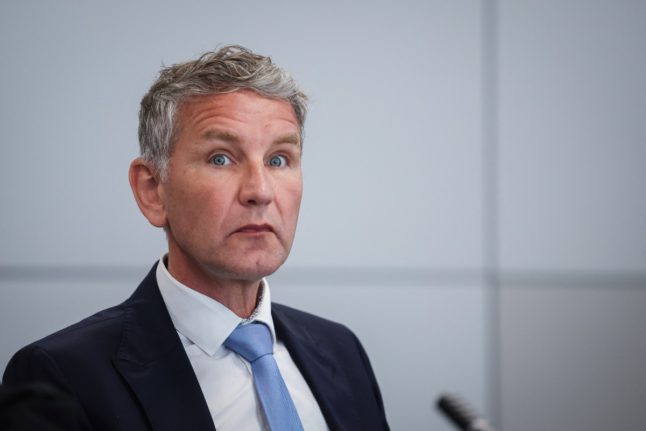People who’ve spent any time in Germany will be well aware of the limitations of digital infrastructure, with public offices still heavily relying on paperwork and in-person appointments.
The German government had been trying to address this issue through the Online Access Act (OZG). The coalition, made up of the Social Democrats, Greens and Free Democrats, said it wanted to modernise systems and make life easier for residents by putting hundreds of government services online.
But it’s now emerged that only a fraction of money has been earmarked for this next year.
READ ALSO: German government urges immigration authorities to go digital
According to the budget plans, the Interior Ministry has earmarked €3.3 million for the digitalisation of administration and administrative services next year – compared to €377 million this year.
The budget cutdown was first reported on by German newspaper FAZ, while the Interior Ministry later confirmed the figures to broadcaster ARD.
According to FAZ, the cuts mainly affect administrative services that should have been digitalised by the end of 2022 under the Online Access Act.
Savings are also to be made in the budget for the “Digital Identities” project, which aims to provide German residents with legally secure identification online. It is considered the key to many state services as well as for banks or telecommunications providers.
A spokesperson for the Federal Digital Ministry said funding was still secure for central projects concerning the digital strategy.
The Ministry added that funds left over from previous budget years would also be used to advance digital infrastructure.
Germany lags behind many of its neighbours when it comes to how well countries are doing on digital skills and internet access. According to the EU’s Digital Economy and Society Index for 2022, Germany took the 13th spot just behind France in the ranking.
In general, the budget cuts are part of Germany’s aim to reign in cash after years of big spending, particularly during the Covid pandemic.
Overall, the government forecasts spending €445.7 billion in 2024, down from €476.3 billion planned for the current year.
A draft budget was presented earlier in summer and will be debated in parliament from September.
READ ALSO: German cabinet approves belt-tightening budget for 2024



 Please whitelist us to continue reading.
Please whitelist us to continue reading.
Member comments